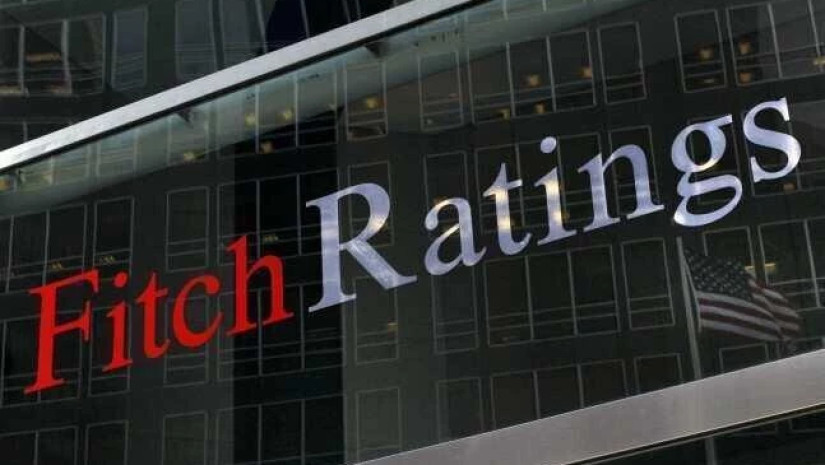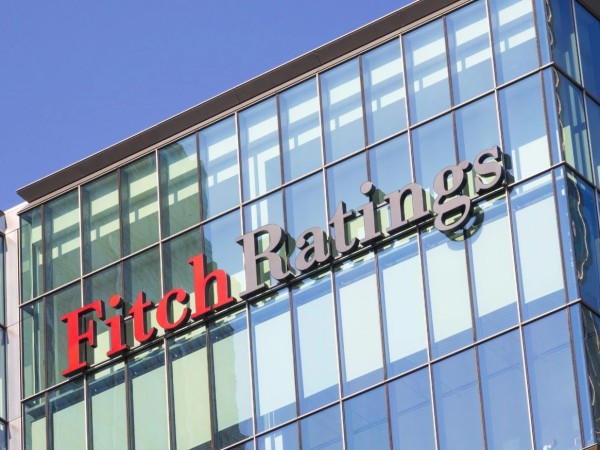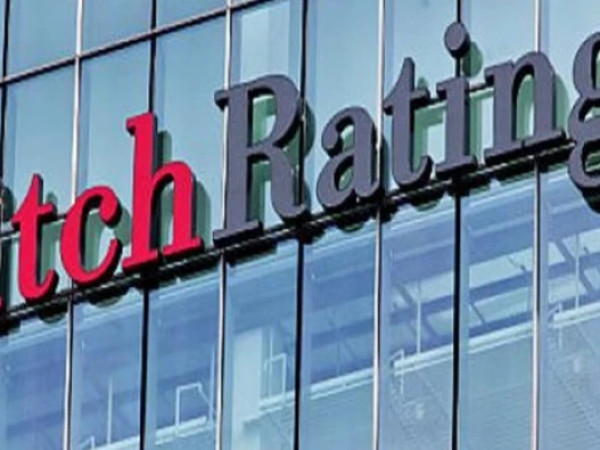Fitch Ratings has revised the Outlook on Georgia Long-Term Foreign-Currency Issuer Default Rating (IDR) to Negative from Stable and affirmed the IDR at 'BB'.
The Outlook revision reflects the evolving impact of the COVID-19 pandemic on Georgia. This significant shock will lead to a sharp contraction of Georgia's small and open economy with a high dependence on tourism, deterioration in fiscal accounts including markedly higher public debt and increased risk stemming from Georgia's higher external debt and wider structural current account deficit relative to the median of its 'BB' category peers.
Real GDP growth is forecast to contract by 4.8% in 2020 (a significant downward revision of 9.2pp from our last review in February 2020). Services and industries related to the tourism sector will be hardest hit. The direct contribution from tourism to GDP and employment is around 11.6% and 10.9%, respectively, according to the World Travel Tourism Council. A national lockdown, in place since 21 March, will accentuate the impact on domestic demand.
Fitch projects that GDP growth partially recovers in 2021, to 4.3%, supported by a rebound in external demand, revival of private consumption, employment growth, and a recovery in investment. However, there are material downside risks to our forecasts given the uncertainty around the extent and duration of the coronavirus outbreak. If a second wave of infections materialises and lockdown measures have to be re-introduced, this would exacerbate negative spillovers to the Georgia's labour market, banking sector and public finances and cause material negative adjustment to our forecasts.
Fitch forecasts that the general government deficit will rise to 8.6% of GDP in 2020, from a deficit of 2.0% in 2019, reflecting the government's fiscal support measures, automatic stabilisers and the impact on revenue of the contraction in the economy. Georgia's announced fiscal package in response to COVID-19 amounted to GEL2 billion (approx. 4.0% of GDP) as of 23 April 2020. This includes grants to businesses, higher social expenditure and subsidies, acceleration in VAT refunds, and higher capital spending, including additional funds for healthcare sector. Fitch expects that Georgia's fiscal deficit should narrow towards 5.0% of GDP in 2021 due to the fading of one-off expenditure and recovery in economic growth.
General government debt is projected to increase significantly, from 39.8% at end-2019 to 59.4% of GDP in 2020, before declining moderately to 56.3% in 2021; an upward revision of 19.3pp and 18.6pp, respectively, since our February review; and above our latest projected median debt ratio (51.0%) of 'BB' category peers. Georgia's high share of foreign-currency denominated debt (77.7%, 2019) gives rise to exchange rate risk. Fitch considers that increased fiscal risks are partly mitigated by Georgia's demonstrated fiscal consolidation, underpinned by the IMF Extended Fund Facility (EFF), and a high share of multilateral debt (73% of total debt, 2019), low interest costs and long maturities.















